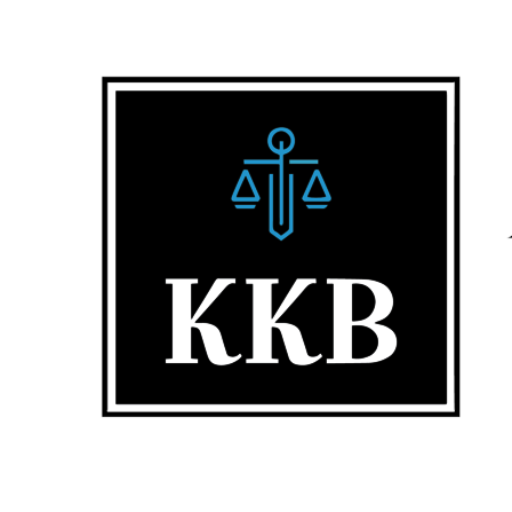INTRODUCTION
The emergence of technology in Tanzania has manifested rapid changes, and development in the dispensation of justice. For countless decades, people’s access to the courts of law has been barred by the geographical proximity of parties, remoteness of courts, and costs, save for other challenges. However, the enactment of the Judicature and Application of Laws (Remote Proceedings and Electronic Recording) Rules 2021, G.N. No. 631, has been a panacea to the dispensation of justice despite the above challenges. This article explicitly accounts for the theoretical and practical application of remote proceedings in Tanzania.
APPLICATION OF THE REMOTE PROCEEDINGS
According to Rule 2 of the Judicature and Application of Laws (Remote Proceedings and Electronic Recording) Rules, the remote proceedings apply to the High Court of Tanzania and subordinate courts to it in both civil and criminal proceedings.
The question here is, does the law allow the use of electronic evidence in primary courts?
The court in Christian Thomas v. Joyce Justo Shimba held that the laws governing electronic evidence do not apply in primary courts. Thus, remote proceedings are not applicable in the primary court in instances where the relied evidence is in electronic form.
Further, for the suit to be conducted remotely, a party must successfully apply to the court, or the court may decide the same suo moto.
HEARING PROCEDURES
According to Rule 9 of the law, a visual hearing is conducted subject to the relevant procedural laws. Furthermore, the court notifies the parties in writing at least within seven (7) days before the date of the hearing.
That, parties to the suit must make an appearance on the date scheduled for a specific action as the principles of appearance of parties do apply.
Nevertheless, the rules of etiquette governing advocates during the trials apply mutatis mutandis in a visual hearing just like in normal hearing proceedings.
TENDERING OF EVIDENCE
A party intending to tender any document in evidence during the visual hearing is required to send the original hard copy to the court three (3) days before the hearing as per Rule 13 (1) of the Judicature and Application of Laws (Remote Proceedings and Electronic Recording) Rule.
JUDGMENT, RULING, DECREE, AND ORDER
Upon concluding remote proceedings, the court issues its decision in the form of a judgment or ruling, accompanied by a decree or order, respectively. The law under Rule 20 of the Judicature and Application of Laws (Remote Proceedings and Electronic Recording) Rules requires that copies of judgments or rulings be electronically transmitted to the Judiciary Case Management System.
CONCLUSION
Coming to the point, the adoption of remote proceedings in Tanzania represents a significant step toward enhancing access to justice by leveraging technology. This method saves time and costs, and with many Tanzanian courts already equipped with the necessary technology, the judiciary is well-positioned to make remote proceedings a standard practice in the interest of justice.
Stay informed and engaged with us. Learn more


